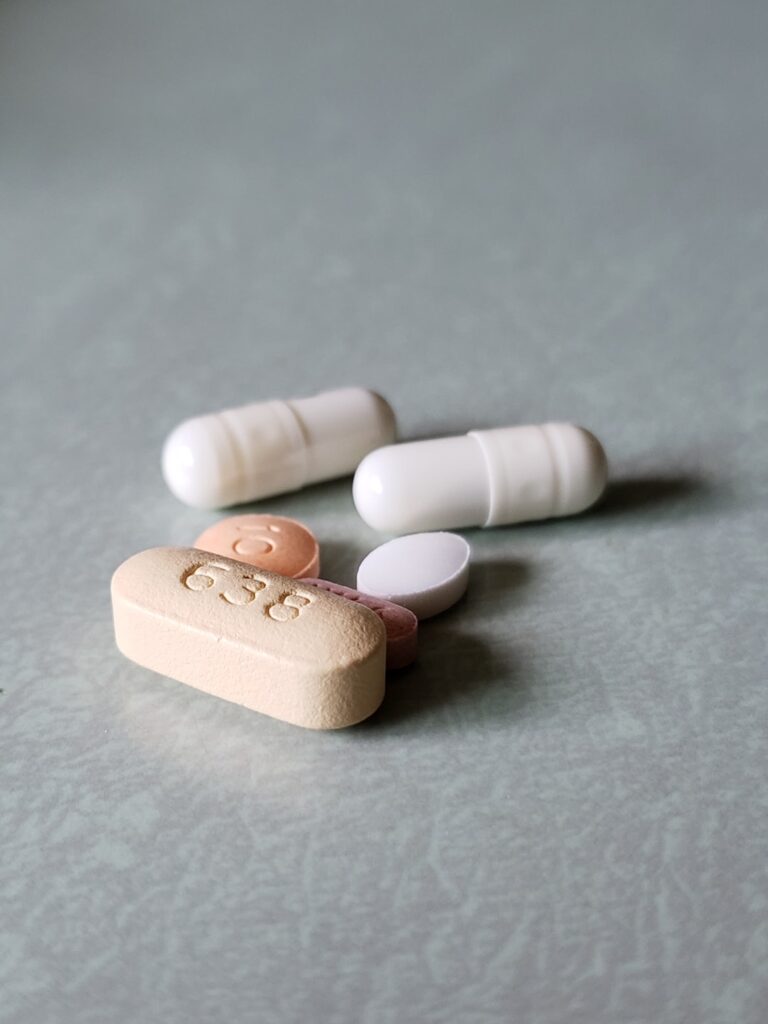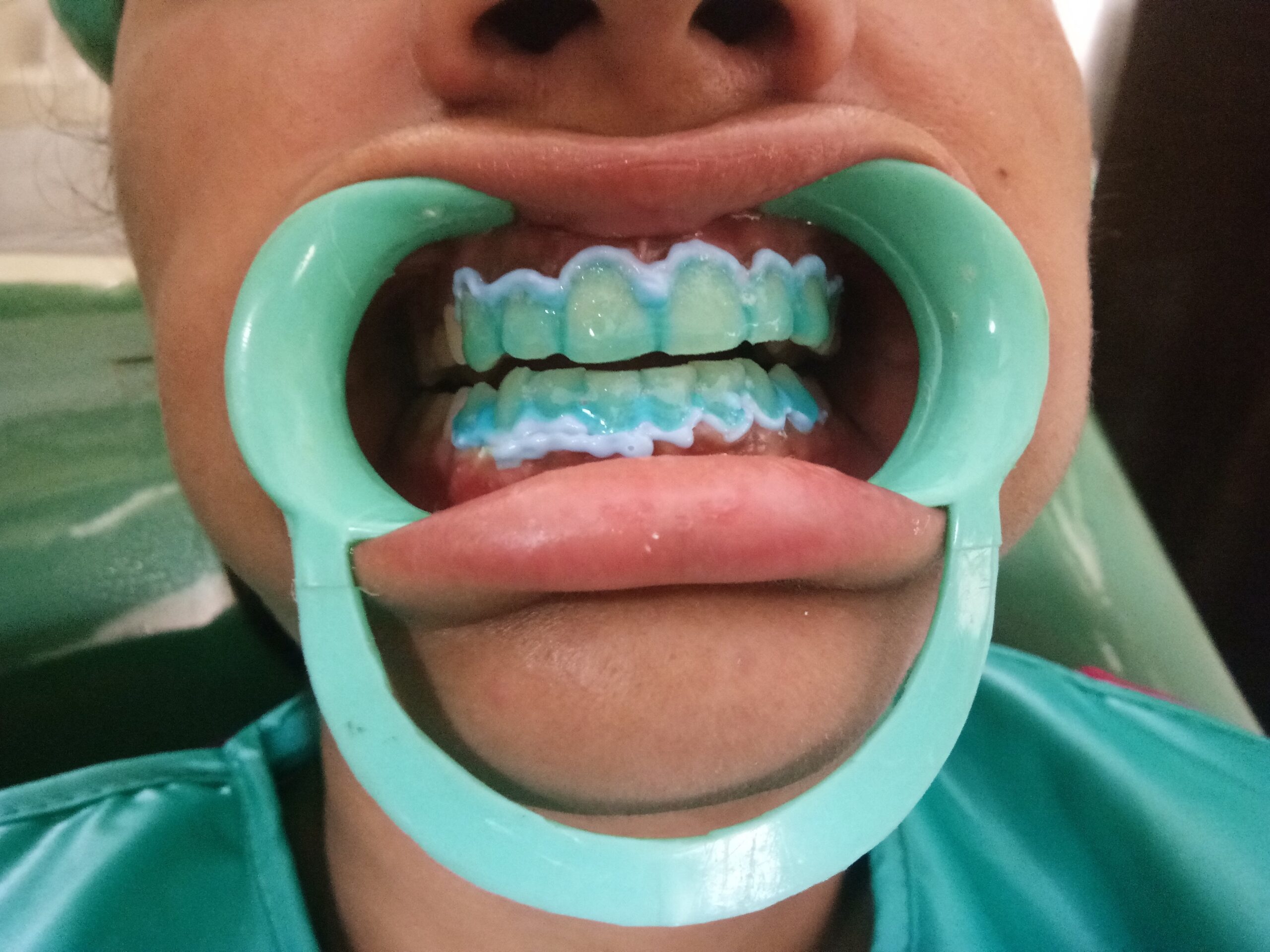Medications play a significant role in the field of dentistry. Dentists must be aware of the various medications their patients may be taking, as some can have an impact on the dental treatment procedure. Understanding these potential effects enables dentists to provide optimal care and avoid complications that can arise during treatment. Let’s delve into some common medications that may impact dental treatments:

1. Anticoagulants:
Anticoagulants, such as warfarin or aspirin, reduce blood clotting, increasing the risk of bleeding during dental procedures. Dentists should investigate the patient’s INR (International Normalized Ratio) levels or consult with the patient’s primary healthcare provider to determine if a patient’s blood clotting status is stable before performing invasive procedures like extractions or implant placements.
2. Nonsteroidal anti-inflammatory drugs (NSAIDs):
NSAIDs, including ibuprofen or naproxen, are commonly used to relieve pain and inflammation. However, they can interfere with blood clotting, increasing the risk of bleeding during oral surgeries or extractions. Dentists should inquire about a patient’s NSAID use and possibility discontinue them a few days prior to a procedure.
3. Bisphosphonates:
Bisphosphonates, such as alendronate or zoledronic acid, are prescribed to treat bone disorders like osteoporosis or Paget’s disease. However, long-term usage can lead to a condition called bisphosphonate-related osteonecrosis of the jaw (BRONJ). This condition poses a significant challenge during dental procedures, especially extractions or implant placements, due to poor healing and risk of infection. Dentists must thoroughly evaluate patients’ medical histories to identify any bisphosphonate usage prior to performing invasive treatments.
4. Antidepressants:
Certain antidepressants, such as selective serotonin reuptake inhibitors (SSRIs) like fluoxetine or sertraline, can cause dry mouth or xerostomia. Decreased saliva flow increases the risk of tooth decay, gum disease, and oral infections. Dentists should make note of a patient’s antidepressant usage and consider employing strategies to counteract the dry mouth effect, such as suggesting sugar-free gum or prescribing artificial saliva substitutes.

5. Immunosuppressants:
Immunosuppressants, commonly used in organ transplant recipients or individuals with autoimmune diseases, can compromise the body’s ability to heal following dental treatments. Dentists should be cautious when performing invasive procedures on patients taking immunosuppressant medications, as these individuals are more prone to infections and post-operative complications.

6. Antihypertensives:
Antihypertensive medications, such as beta-blockers or calcium channel blockers, can cause xerostomia, taste alterations, or gingival overgrowth. Dentists should be aware of these side effects and adjust treatment plans, as necessary, to minimize complications such as increased susceptibility to dental caries or difficulties with anesthesia.

CONCLUSION
These are just a few examples of medications that may impact dental treatment procedures. It is essential for dentists to gather detailed medical histories, including the patient’s current medications, in order to provide the best possible care. Collaborating with the patient’s primary healthcare provider is crucial to ensure comprehensive treatment planning and to minimize any potential risks associated with the medications. By being well-informed and taking necessary precautions, dental professionals can navigate these challenges and provide safe and effective dental care to their patients.




